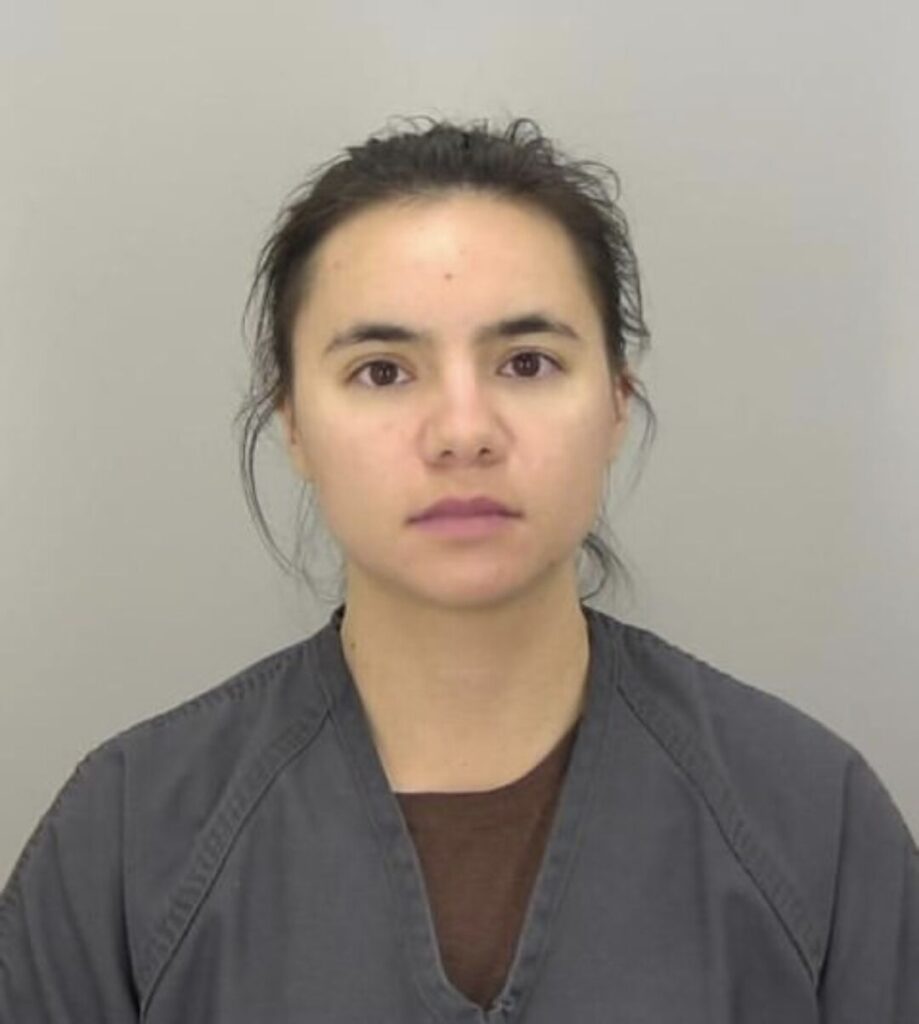Federal judge refuses to dismiss rape-related lawsuit against Colorado Springs corrections provider

A federal judge refused to dismiss a lawsuit last week against a private provider of community corrections services in Colorado Springs whose employee allegedly was able to rape two women as a result of known security lapses at the facility.
Shenelle Lovato and Alexis Suarez sued Community Corrections, Inc., or ComCor, and several of its leaders for creating an environment where residents of the halfway house were afraid to report abuse and staff were deliberately indifferent to the risk of sexual assault against women.
The defendants asked U.S. District Court Judge Regina M. Rodriguez to dismiss the lawsuit, claiming the plaintiffs failed to show how the actions of ComCor’s executives, including the CEO and security supervisor, made them liable for William Mahler’s alleged rapes of Lovato and Suarez.
“Defendants’ argument has no merit,” responded Rodriguez in a March 23 order. “ComCor Defendants are on notice of the claims against them and able to discern their respective roles in the alleged misconduct such that the case can move forward.”
Mahler, who worked for ComCor, is also a defendant. He did not join the motion to dismiss the lawsuit. Court records indicate he is facing multiple criminal charges of sexual assault and a trial is scheduled for later this year in El Paso County.
Community corrections, colloquially known as halfway houses, are homes for defendants who are transitioning from prison to parole or who are sentenced there directly. ComCor operates multiple facilities in Colorado Springs.
The lawsuit alleges that Mahler took Lovato to the basement of ComCor’s N. Nevada Ave. facility, where no cameras were present, and raped her in August 2019. Lovato alleged that ComCor returned her to prison in retaliation for reporting Mahler to law enforcement.
Similarly, Suarez claimed Mahler sexually assaulted her on multiple occasions between August and September 2019, also in areas not covered by video surveillance.
The women filed five claims against Mahler and ComCor’s leaders, including for cruel and unusual punishment under the Eighth Amendment, failure to protect and negligent supervision. Mahler denied the allegations against him.
The ComCor executives responded that Lovato and Suarez failed to note which specific actions each defendant took to violate the women’s rights.
The plaintiffs countered that they had made several claims illustrating ComCor’s leaders were aware of a risk to residents’ safety. A 2017 audit by the state, for example, warned that “camera monitors remained unviewed” and ComCor had mishandled incidents that fell under the federal Prison Rape Elimination Act (PREA).
Further, the Colorado Springs Police Department allegedly told ComCor in 2016 that inmates were discouraged from reporting sex assaults there. A spokesperson for the department could not immediately verify that assertion.
The plaintiffs also outlined the specific ways in which ComCor’s leaders were allegedly indifferent to the risks Mahler posed:
? Hillary Johnson, the director of quality assurance, reportedly failed to train staff about their reporting responsibilities under PREA and did nothing about the lack of video monitoring
? Bobbi Vigil, the director of operations, was aware of the surveillance “blind spots” and the state audit’s findings
? Kirsten Martinez, a security specialist, allegedly knew of rumors that Mahler was raping residents but did not investigate
“These failures contributed to an environment that was ripe to be taken advantage of by a sexual predator,” wrote attorney Joshua Tolini for the plaintiffs.
“Defendants already know their own job responsibilities,” retorted ComCor’s lawyers. “It is simply not enough to allege that a defendant failed to do ‘something’ or ‘anything’ or did ‘nothing.'”
Rodriguez disagreed. She believed the plaintiffs’ lawsuit adequately described the alleged misconduct by each ComCor leader. Rodriguez also scolded ComCor’s lawyers for failing to engage with the latest version of the complaint and threatened them with sanctions for any future lapse.
Shortly after Lovato and Suarez filed their lawsuit, ProPublica reported on security lapses and staff turnover within ComCor amid a rash of resident overdose deaths.
The case is Lovato et al. v. Mahler et al.














